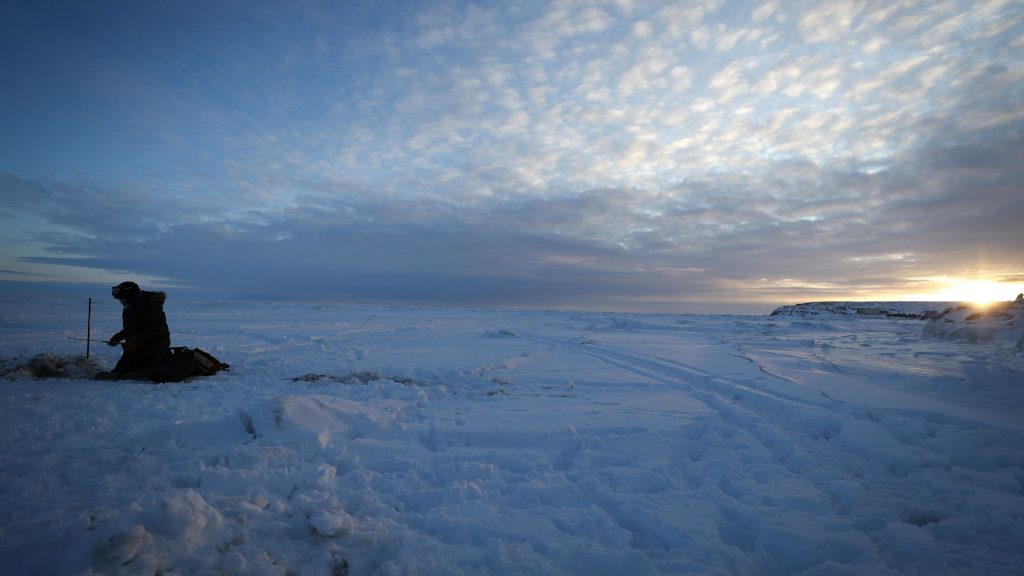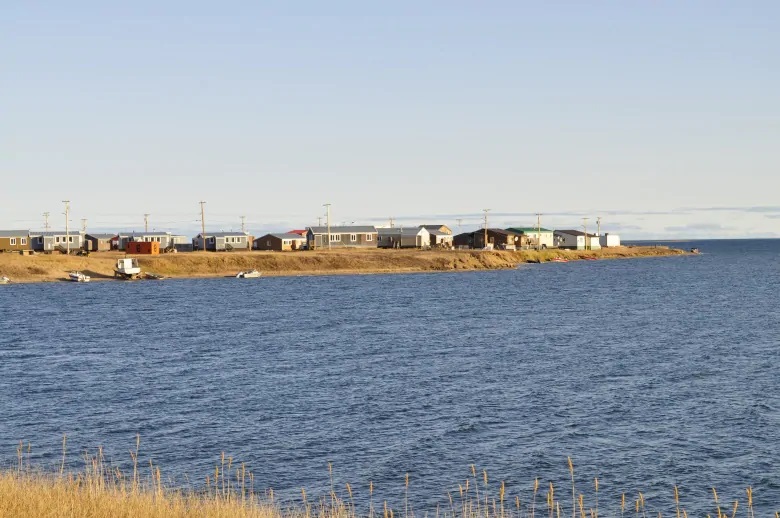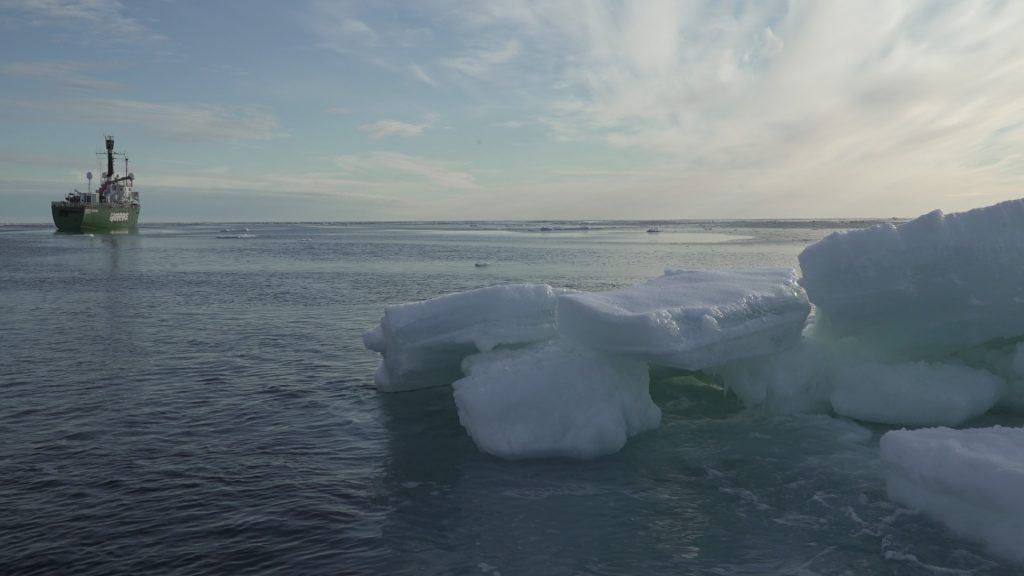What the Arctic’s transition to a ‘new climate’ looks like

Lawrence Ruben has lived in the Arctic all his life, and is still learning about the changing region.
In the 1970s, there was one guarantee when he would head out on the land — the conditions would be predictable and relatively the same as the previous year.
Elders and knowledge holders would predict a pattern of wildlife migration and flight changes, and the number of seals and polar bears.
But in the past two decades, that predictability has diminished.
“Things have drastically changed, you can’t as a traditional knowledge holder guarantee that your predictions will play out because the weather system, the weather patterns are constantly changing,” said Ruben.
A director for the Inuvialuit Game Council, Ruben lives in Paulatuk, N.W.T. Through generations on the land, the Inuvialuit have developed intricate knowledge systems about the interrelationship between the land, waters, plants and animals.
Some of the major changes Ruben has seen in recent years include coastal erosion, prevailing winds throughout the year, fluctuating animal numbers, colder summers, and changes in berry and fishing seasons.

What does the ‘new Arctic’ climate look like?
On Monday, a study of Arctic conditions was published saying the Arctic region has started to transition into a new climate regime altogether.
Laura Landrum, a climate scientist and lead author on the paper, said the climate has changed “astonishingly quickly” from what it was just decades ago.
“We have changed the climate so much and so rapidly that it’s different … This [study] sort of quantifies and validates that we’re transitioning to a new regime.”
The study looked at three areas to show the transition away from a predominantly frozen state: sea ice, temperature, and precipitation (rain versus snow).
Before the end of this century, the study says, a new Arctic will have emerged in all of these categories if we continue producing emissions at a high rate.

By 2100, the Arctic will likely be ice-free for three to four months of the year; fall and winter temperatures for most of the Arctic Ocean will be 16 to 28 degrees warmer; and rainfall will replace snowfall, with an extension of the rainy season by two to four months each year compared to conditions in the 20th century — if greenhouse gas emissions stay up.
“The results are consistent across all the different models and they suggest that the Arctic climate, from the perspective of sea ice, has already transitioned into a new climate,” said Landrum.
This week a large chunk of Greenland’s ice cap, estimated to be more than twice the size of Iqaluit, broke off in the far northeast Arctic. Last month the Milne ice shelf, the last intact ice shelf in the Canadian Arctic, collapsed.
In the next 10 to 40 years, if emissions continue at a high rate, we could see a new climate, statistically, for air temperatures in the fall and winter.
The study says these changes will have wide-ranging and enormous consequences that will affect ecosystems, water resource management, food planning and infrastructure.
Importance of Indigenous knowledge
A study from February found that extremely warm conditions from 2017 to 2019 were a marked change, even from other recent warm years. The study suggests this change of state could alter the Pacific Arctic ecosystem’s structure and function.
Henry Huntington, an Arctic researcher based in Alaska, worked on the February study. He said the recent findings from this latest study aren’t surprising, and have been seen for years by people who live and work in the North.
He said working with Indigenous communities and using traditional knowledge is crucial to understanding these changes and connections throughout the ecosystem.
“Indigenous peoples have been living in the Arctic for thousands of years, and of course they understand it better than anyone,” said Huntington.
“They have a tremendous ability to see what is changing in ways that others might not recognize.”
Ruben says current knowledge holders are finding ways to adapt to the rapidly changing climate, checking in month-to-month on different conditions.
“Climate change has happened, is happening, and … we have to learn how to adapt to it.”
Related stories from around the North:
Canada: Climate change creating vast new glacial lakes, with risk of ‘gargantuan’ floods, researcher says, The Canadian Press
Greenland: A big chunk of Greenland’s ice cap breaks off as Arctic shifts to new climate regime, The Associated Press
Finland: Miners hunting for metals to battery cars threaten Finland’s Sámi reindeer herders’ homeland, Yle News
Iceland: Arctic Science Ministerial postponed to 2021 due to COVID-19, Eye on the Arctic
Norway: Climate change hits back at Svalbard, coal mine flooded by melting glacier in Norway, The Independent Barents Observer
Russia: Record-warm Arctic summer fatal to wild reindeer in Russia, say environmentalists, The Independent Barents Observer
Sweden: Extra billions to SAS – but with stricter climate requirements, Radio Sweden
United States: Bering Sea ice at lowest extent in at least 5,500 years, study says, Alaska Public Media



